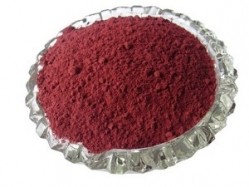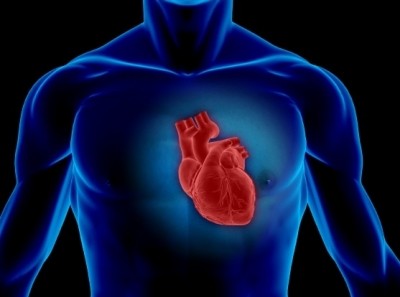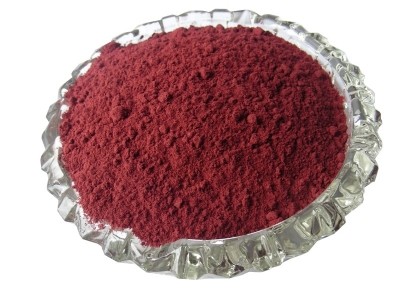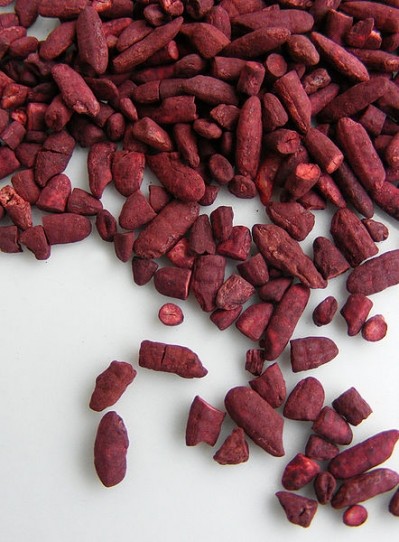Red yeast rice ‘safely’ reduces cholesterol levels and inflammatory markers: Italian study

Red yeast rice is the product of yeast grown on rice. It is a dietary staple in some Asian countries, and reportedly contains several compounds that inhibit cholesterol production, including monacolin K – also known as lovastatin and used in Merck’s Mevacor pharmaceutical.
The scientific support for red yeast rice (RYR) includes a positive opinion from EFSA’s Panel on Dietetic Products, Nutrition and Allergies (NDA) that red yeast rice can maintain normal blood LDL-cholesterol concentrations.
Despite this positive opinion, researchers from the Universities of Bologna and Pavia in Italy claim that the ingredient has not been tested in all populations, including the Italian population.
Writing in Nutrition Research, the researchers report that four weeks of supplementation with red yeast rice (10 mg monacolins from Monascus purpureus and 10 mg coenzyme Q10, supplied by Labomar s.r.l., Italy) resulted in average reductions in total cholesterol of 12.5%, and LDL cholesterol of 22%.
In addition, high-sensitivity C-reactive protein (hs-CRP), an established marker of inflammation, was reduced by an average of 24% in the mildly hypercholesterolemic, but otherwise healthy, Italian subjects.
“On the basis of our data, a nutraceutical containing 10 mg of monacolins appears to safely reduce cholesterolemia, hs-CRP, and markers of vascular remodeling in Mediterranean subjects,” wrote the Italian
Study details
The researchers recruited 25 people with mildly elevated cholesterol levels to participate in their double-blind, placebo-controlled randomized clinical trial. The volunteers were assigned to consume a ‘stabilization diet’ for four weeks, and then randomly assigned to receive the red yeast rice/CoQ10 supplements or placebo for an additional four weeks.
Results showed that, compared to placebo, the active supplement group had significant reductions in total cholesterol, LDL cholesterol, and non-HDL cholesterol.
In addition, the researchers measured levels of matrix metalloproteinases (MMPs) 2 and 9, which have been reported to be increased in people after a heart attack, in people with unstable angina, and after coronary angioplasty, they said. In this study, both MMP2 and 9 were decreased by 28 and 27%, respectively, following four weeks of supplementation with red yeast rice.
“This is probably related to the inflammation reduction, since it was observed that a decrease in hs-CRP and tumor necrosis factor alpha up-regulates the MMP expression through the activation of transcriptional factors,” they explained.
“However, the study duration was too short to observe any anatomical change in vessel structures, while the considered laboratory parameters are validated biomarkers of vascular stress,” they added.
Despite the positive results from this trial, albeit with a small sample size, and the positive opinion from the EFSA health claims panel, the Italian researchers called additional studies using larger patient samples and a longer duration.
Source: Nutrition Research
Published online ahead of print, doi: 10.1016/j.nutres.2013.05.015
“Red yeast rice improves lipid pattern, high-sensitivity C-reactive protein, and vascular remodeling parameters in moderately hypercholesterolemic Italian subjects”
Authors: A.F.G. Cicero, G. Derosa, A. Parini
















